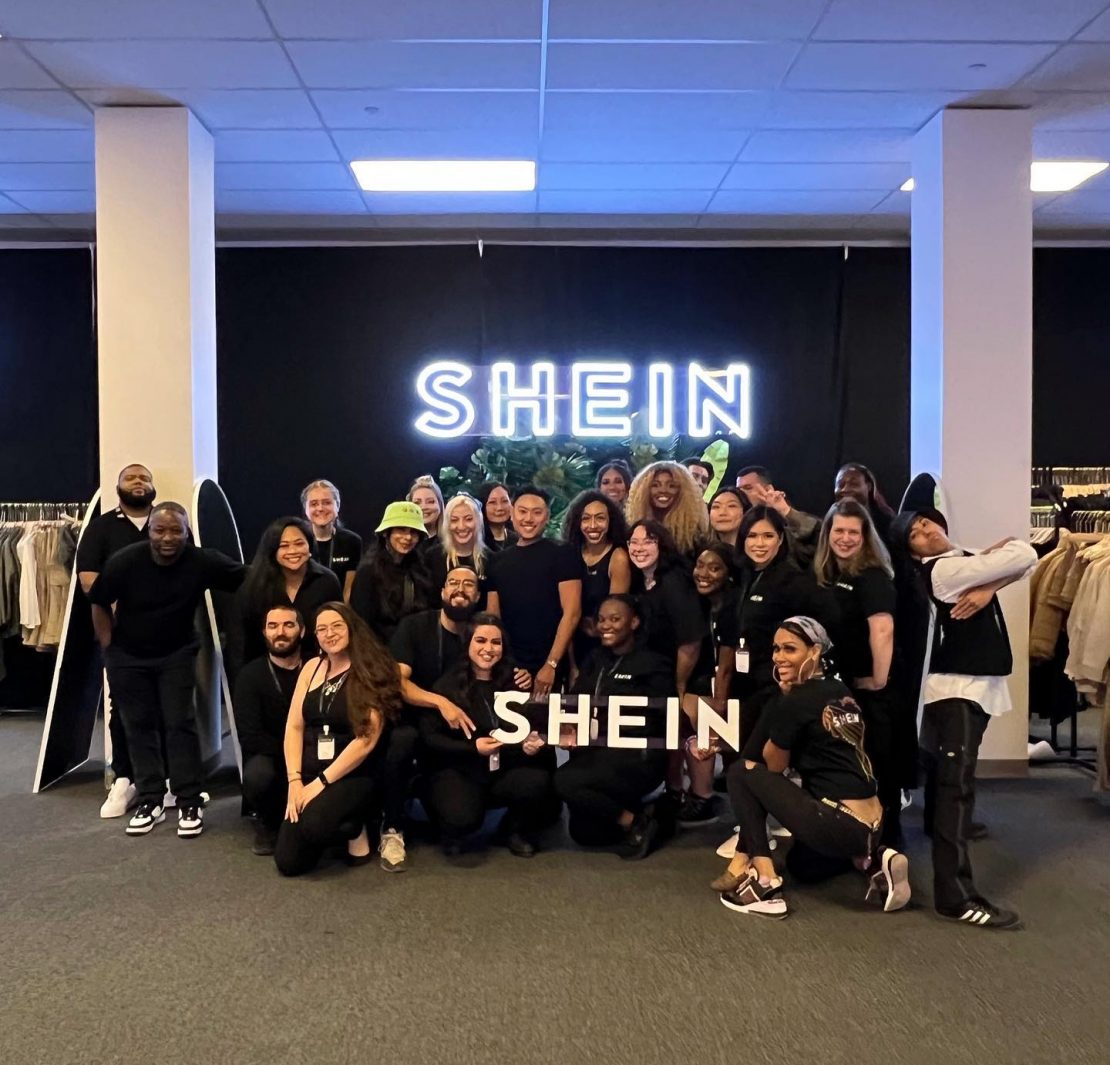Fast Fashion giant Shein found itself in a bit of a pickle after they invited six social media influencers on a ‘brand trip’ to their factory in China.
Aujené, Dani Carbonari, Destene Sudduth and Fernanda Stephany Campuzano were among the influencers on the tour, which included a trip to the innovation centre and warehouse where they design, make, package and ship clothing.
I was at a loss for words honestly ? they took her to the model unit equivalent of the sweatshops like this can’t be pic.twitter.com/aJtWcSycEh
— joe biden’s face lift (@thisisnefertiti) June 22, 2023
Many social media users are furious, calling it a calculated move to counteract the brand’s reputation as “exploitative and careless”. The controversy surrounding the influencer trip arose due to the stark contrast between the glamorous portrayal of the visit and the harsh realities associated with fast fashion production. While the influencers shared glossy photos and videos from the trip, critics were quick to point out the exploitative nature of the industry and the potential mistreatment of workers.
The brand, founded in 2008 by Chris Xu, is based in China and operates primarily through its e-commerce platform. One of Shein’s defining characteristics is its vast selection of products. Their ‘fast fashion’ business model allows Shein to offer low prices and a constant influx of new styles, making it an attractive option for budget-conscious shoppers who want to stay on top of the latest fashion trends without breaking the bank. The affordability and accessibility of Shein’s products have contributed to its popularity, particularly among young and price-sensitive consumers.
Fast fashion has long received criticism for its detrimental impact on the environment and its reliance on low-cost labour. The industry’s focus on quick turnarounds, constant trend cycling, and cheap production methods often come at the expense of workers’ rights, fair wages, and safe working conditions. By presenting a carefully curated and sanitized version of their factories, Shein attempted to divert attention from these pressing concerns.
Not only that, but fast fashion also has severe implications for the environment. The fast fashion model is built on the idea of disposable clothing, where garments are produced quickly and cheaply, encouraging frequent purchases and discarding of items. This leads to a substantial amount of textile waste. The Ellen MacArthur Foundation estimates that the equivalent of one garbage truck of textiles is landfilled or incinerated every second globally. Synthetic fibres, commonly used in fast fashion, take hundreds of years to decompose, exacerbating the waste problem. So much so, that a giant dump of unused fast fashion clothing in Chile’s Atacama Desert is now clearly visible from space.
In response to the factory visit, many individuals and organizations expressed their disappointment with the influencers who participated. Many accused the influencers, who have substantial platforms and influence over their followers, of being complicit in perpetuating the harmful practices of the fast fashion industry by endorsing Shein and normalizing its exploitative business model.
Critics argue that the influencer trip was nothing more than a public relations tactic, a carefully orchestrated attempt to divert attention from the dark underbelly of fast fashion. By showcasing a select group of influencers enjoying a seemingly glamorous experience, Shein aimed to distract from the systemic issues ingrained within the industry.
While Shein still dominates the market, we have seen a rise in slow and quiet fashion this year – and more young people are becoming conscious of the clothes they buy. Even though greenwashing still persists, critics have called for greater transparency and accountability in the fashion industry and for brands like Shein to address concerns about workers’ rights, environmental sustainability, and ethical practices, rather than merely presenting a surface-level portrayal of their operations.
As the fashion industry continues to evolve, there is a growing demand for more sustainable and ethical alternatives. Consumers are increasingly seeking brands that prioritize transparency, fair labour practices, and environmental responsibility. Many believe that the only step forward is to dismantle and rebuild the world of fashion itself — challenging the prevailing culture of overconsumption and promoting conscious consumer behavior.





Warning: Use of undefined constant ‘url’ - assumed '‘url’' (this will throw an Error in a future version of PHP) in /var/www/html/wp-content/themes/theissue/functions.php on line 143